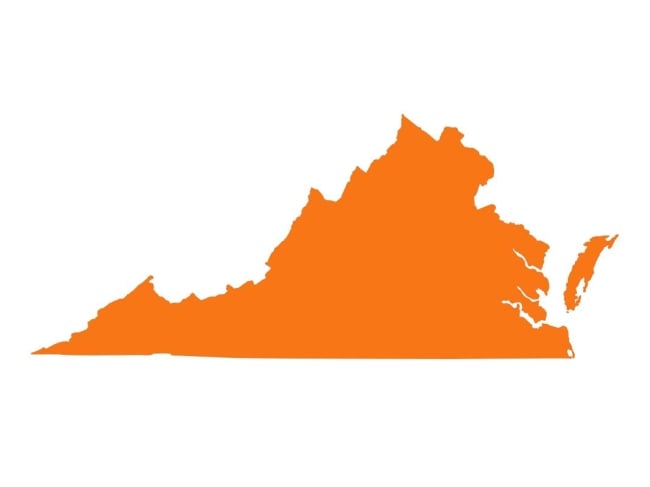You have /5 articles left.
Sign up for a free account or log in.

ELIKA/iStock/Getty Images Plus
Virginia’s Republican attorney general issued an advisory opinion Friday concluding that the state’s public universities cannot require vaccination against COVID-19 as a condition for enrollment or attendance. The advisory reverses an opinion from his Democratic predecessor that reached the opposite conclusion last year.
The new opinion from Virginia attorney general Jason S. Miyares comes on the heels of a Jan. 15 executive directive from the state’s new Republican governor, Glenn Youngkin, prohibiting COVID-19 vaccination requirements for state employees, including employees of public higher education institutions.
In his advisory opinion, Miyares wrote that while the Virginia General Assembly has conferred general powers to the boards of visitors for public higher education institutions and granted those boards “broad discretion” to set various policies, it also passed legislation mandating vaccination against diphtheria, tetanus, polio, measles, rubella and mumps prior to enrollment in a four-year public institution.
Miyares wrote that the “more specific statute governing student vaccination, takes precedence over the more general authority provided to boards.”
Miyares wrote that while the Legislature could pass a law requiring COVID-19 immunization, it has not done so—“and boards of visitors may not exercise an implied power to require a certain vaccine when a specific statute governing vaccination excludes it.”
Virginia universities are already requiring vaccines—other than COVID—over and above those included in the statute Miyares cited. The University of Virginia, for example, also requires students be vaccinated against hepatitis B, meningitis and varicella, in addition to COVID.
Miyares’s opinion contradicts former attorney general Mark R. Herring, a Democrat, who wrote in an opinion last year that requiring vaccinations as a condition of in-person attendance was within the authority of the higher education institutions’ boards of visitors.
“The General Assembly has vested the various boards of visitors with broad specific and implied discretion in their management of the state’s colleges and universities,” Herring wrote.
Dorit Rubinstein Reiss, a professor at the University of California Hastings College of the Law who studies vaccine law, said both opinions are legitimate legal interpretations.
“There’s an open legal question as to whether by setting out these vaccines the state is excluding adding more vaccines to the list. It’s a fair thing to disagree on,” she said.
“There is a political motivation to choose one interpretation over another,” Reiss added, “but it’s still a valid interpretation.”
Multiple Virginia public universities have required COVID-19 vaccination for students, including George Mason, James Madison, Norfolk State, Virginia Commonwealth and Virginia State Universities; the College of William & Mary; Virginia Tech; and the University of Virginia.
Spokespeople for several Virginia universities with vaccine mandates for students said they were reviewing the attorney general’s opinion.
The spokespeople also cited high rates of vaccination among their students and employees.
Mary-Hope G. Vass, a spokeswoman for James Madison University, said 92 percent of students and 91 percent of employees are fully or partially vaccinated. Michael Porter, a spokesman for Virginia Commonwealth University, said more than 95 percent of students and 97 percent of faculty and staff members are vaccinated. Brian Coy, a spokesman for the University of Virginia, said more than 99 percent of students are vaccinated and boosted.
At least seven Virginia universities rescinded their vaccine mandates for employees after Youngkin’s executive order, as The Washington Post reported earlier this month.
The Post also reported on the decision by Miyares, who like Youngkin took office Jan. 15, to fire the top lawyers for George Mason University and the University of Virginia. The former UVA counsel terminated by Miyares was on leave from the position to serve as the lead investigator for the U.S. House of Representatives panel investigating the Jan. 6, 2021, insurrection at the Capitol.
With new Republican leadership in place, Virginia is joining many other Republican-led states that have already restricted colleges’ abilities to require vaccination, mask wearing or other public health measures in response to the COVID-19 pandemic. The American College Heath Association and the American Council on Education have raised alarms about the trend, saying in a joint statement last August that “these restrictions prohibit higher education institutions from taking responsible and reasonable public health measures and ultimately threaten the health and safety of students, faculty, staff, and neighboring communities.”




